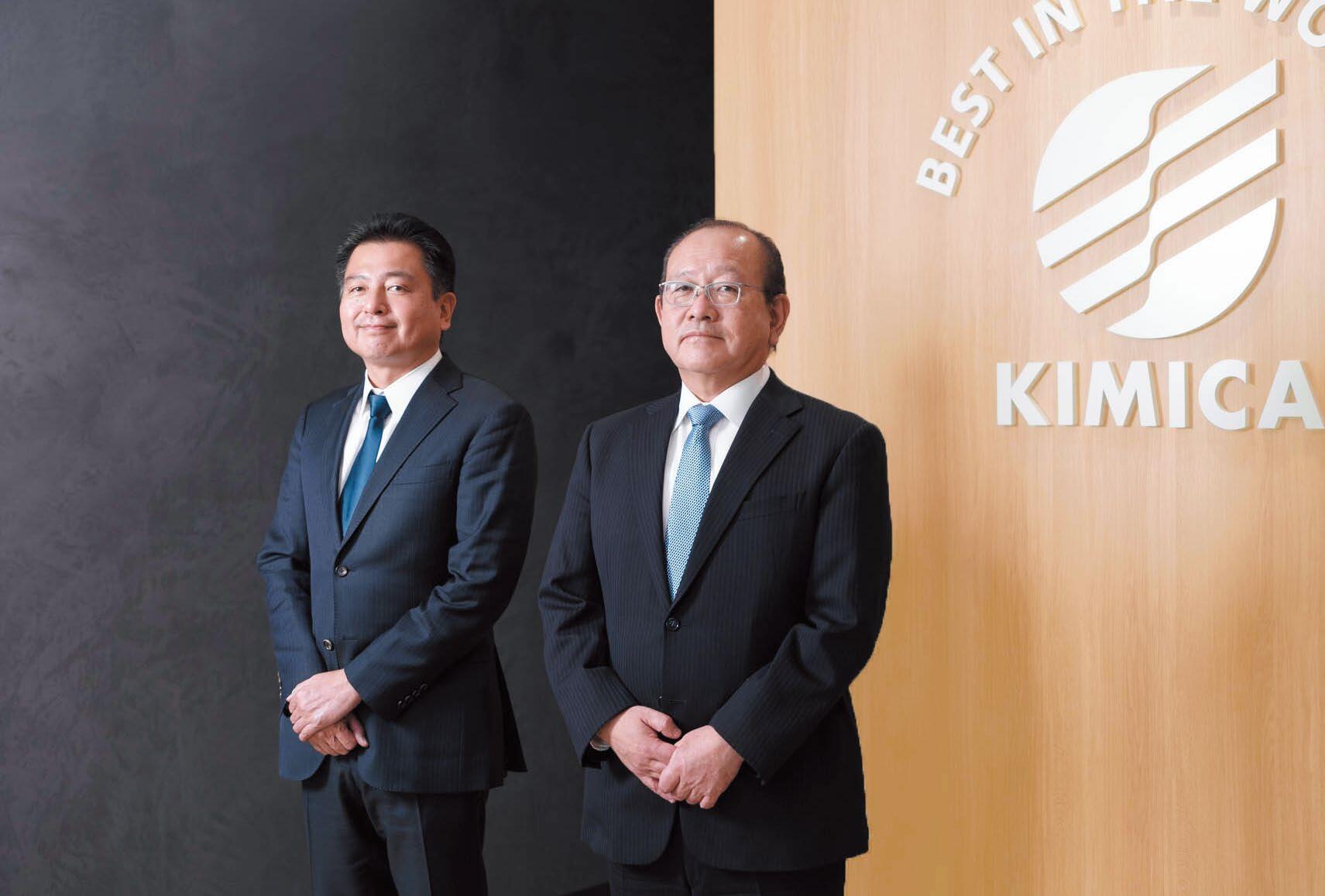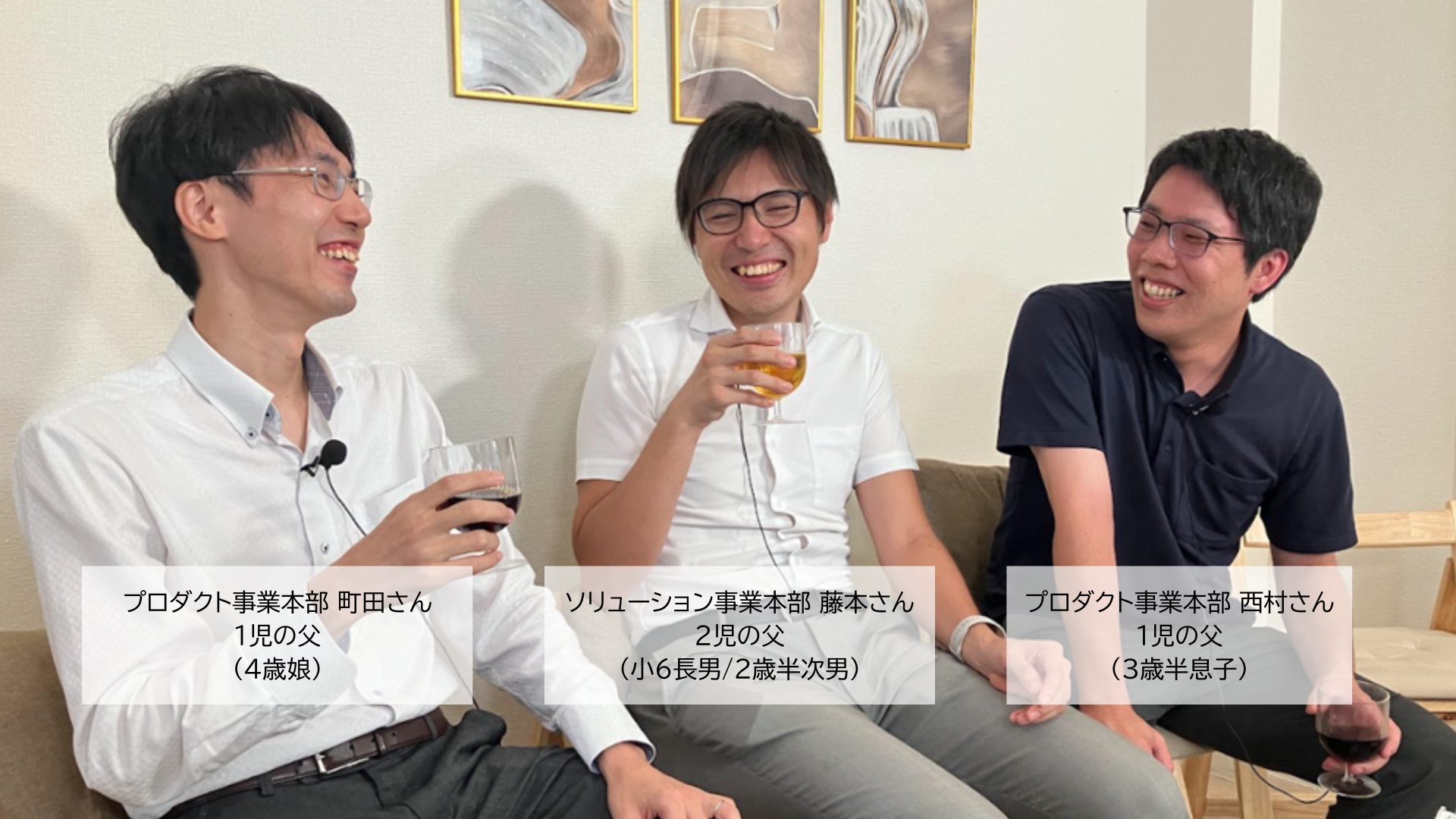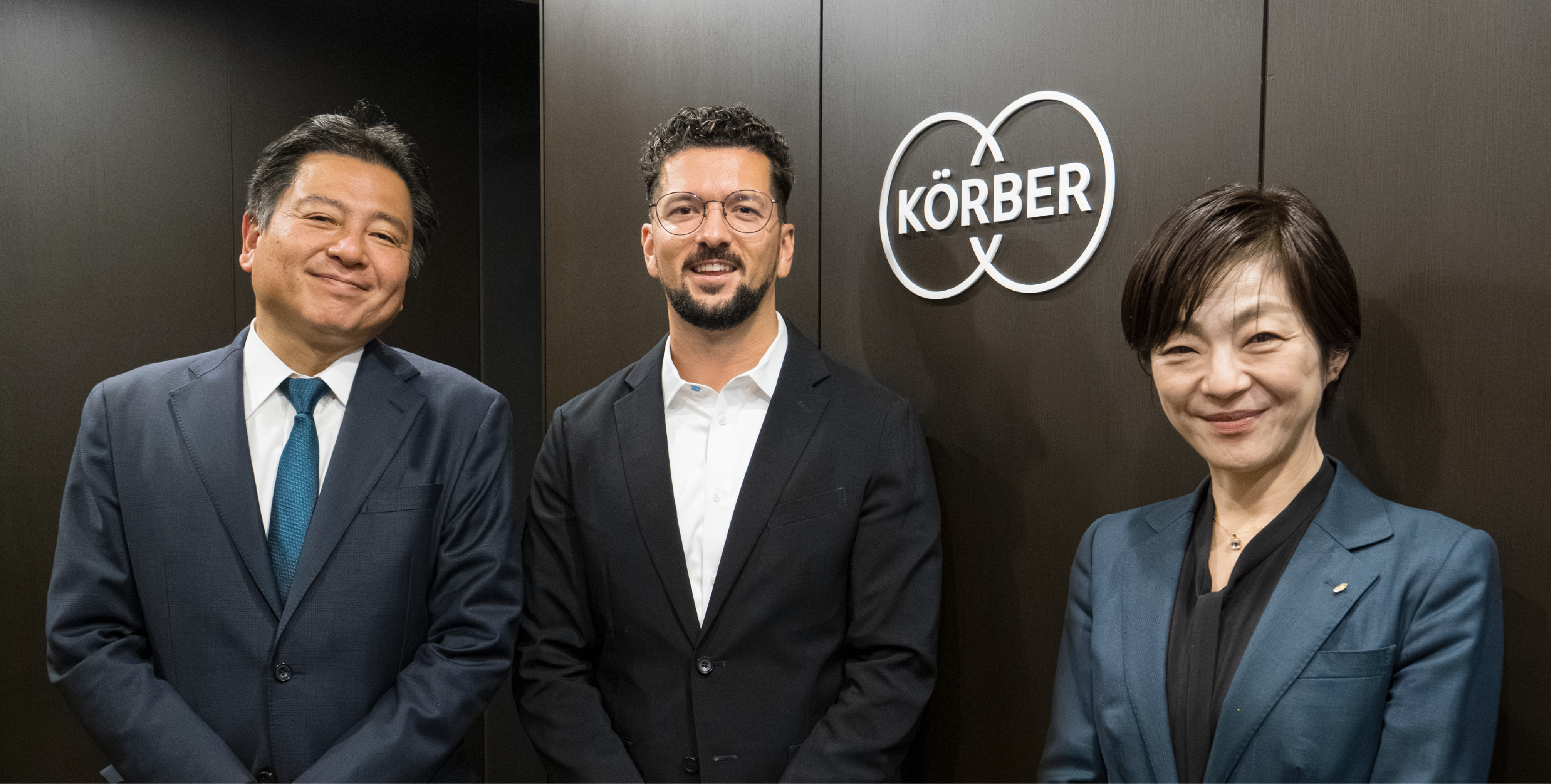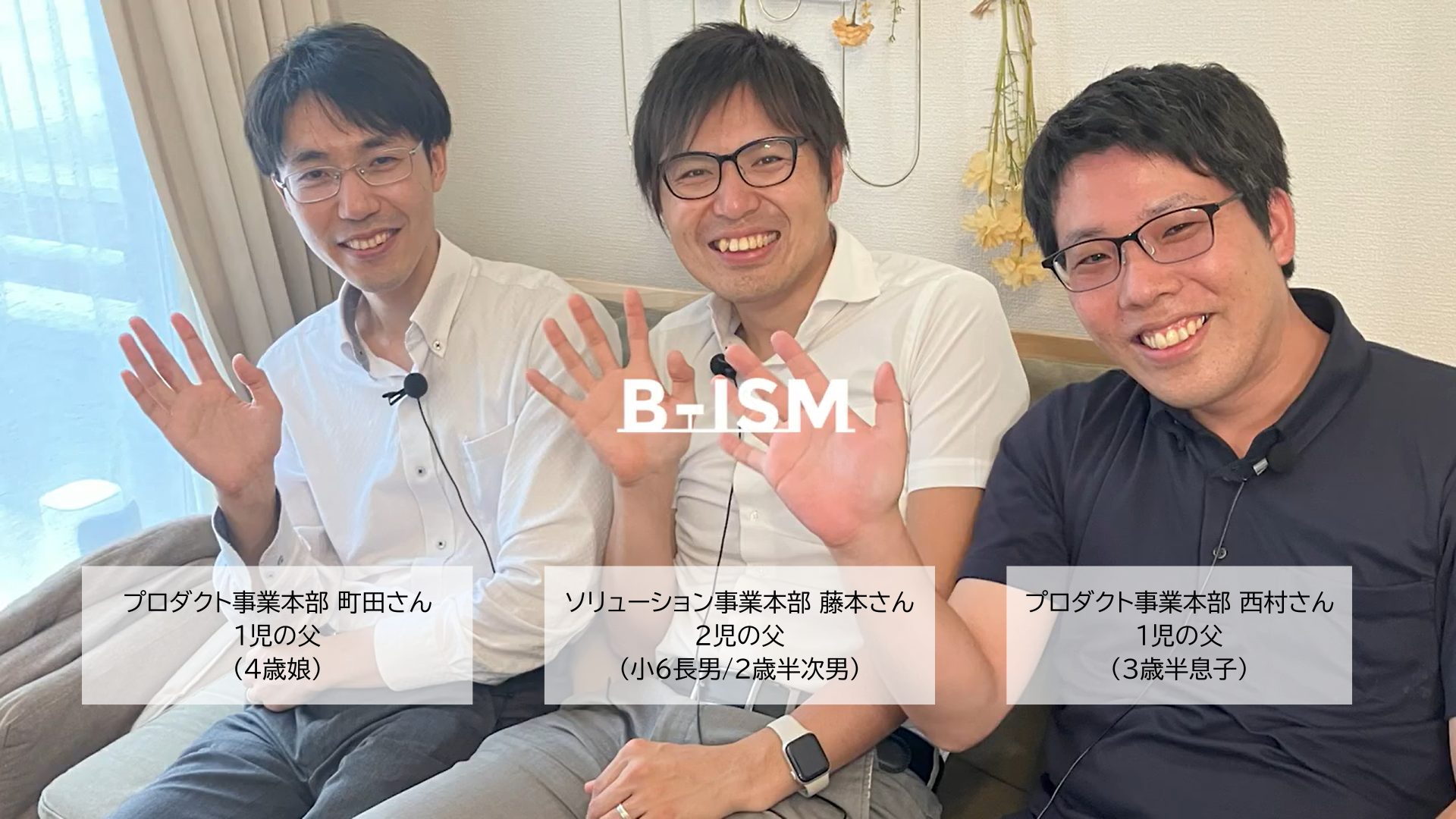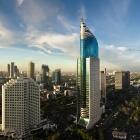There are companies that stand out because of their passion and commitment to manufacturing. These are our predecessors who have carved out a path for themselves with their wisdom and conviction, rather than relying on quick advantage or short advantage. Masakazu Haneda, president of Business Engineering (B-EN-G), visits the sites that embody such "One&Only" and approaches the source of their strength.
This time, the company featured is Kimika Co., Ltd., which is the industry leader in the production of alginic acid. We visited the new company building "Kimica Main Building" (Futtsu City, Chiba Prefecture), which was just completed in October 2022, and asked Mr. Fumiyoshi Kasahara, who will lead the company as president, about the strong "feelings" that flow at the root of the business.
What is the "spirit of manufacturing" that runs through Kimica, the leader in alginic acid?
Even if the word alginic acid sounds unfamiliar to us, it is actually a very familiar substance to us. If the bread you ate this morning was fluffy, it is most likely made from alginic acid. The chewy texture of the ramen you had for lunch is also due to alginic acid. In this way, alginic acid is widely used in the food industry as a quality improving agent for wheat flour products.
Alginic acid is also indispensable in the pharmaceutical field. Normally insoluble in water, alginic acid dissolves when neutralized with alkali, making it useful as a disintegrant for special tablets. For example, it is useful when designing tablets that dissolve in the intestines but not in the stomach.
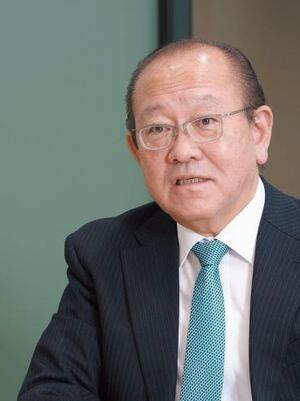
Kimika is the top manufacturer and seller of alginic acid in Japan, and also has a large presence in the global market. The company was founded in 1941, shortly after the outbreak of the Pacific War. Current CEO and President Fumiyoshi Kasahara explains, "My father, Fumio, who had contracted malaria in the battlefield and returned home as a wounded soldier, stayed in Kimitsu County, Chiba Prefecture (now Futtsu City) to recuperate. He witnessed large amounts of seaweed washing up on the shore and rotting away, and thought that we could use this as a resource to help the country. This is the origin of the business."
To realize his dream, Fumio set out to do it, and after repeated trial and error, he finally succeeded in industrially extracting alginic acid from seaweed. The alginic acid produced was used by the Japanese military as a substitute cutting oil and a thickening agent for paints during the war. For over 80 years since then, Kimica has been working on developing new uses for alginic acid, with pride and a sense of responsibility as the "creator and fosterer of alginic acid."
B-EN-G's president, Haneda, was drawn to the word "foster parent." It must have been no easy feat to have expanded the range of alginic acid variations and the range of applications that matched each of them, through various research and sometimes repeated failures. He reaffirmed that it is not enough to just make products; it is because they have also developed markets that they can feel even more attached to and proud of their company's work.
The work you create can adapt to changing times.
However, the road to this day has not been smooth sailing. Born in 1956 as Fumio's eldest son, Fumizen worked as a researcher at a major pharmaceutical company after graduating from graduate school, but his father passed away when he was 27 years old, three years into the company. He suddenly decided to transfer to Kimika (then Kimitsu Chemical Industry) and participate in its management as its successor. At that time, the company was under such a difficult environment that it was said to be suffering fourfold.
“Due to the large-scale El Niño phenomenon that occurred the previous year, it became extremely difficult to obtain high-quality seaweed, and prices were soaring.Alginate extraction residue was also processed and sold as a mold binder. However, the major automobile manufacturers to which most of the waste was delivered suddenly notified them that they would cease using the waste, and they were faced with a dilemma in disposing of the residue. Therefore, total volume restrictions were imposed, and huge investments in wastewater treatment equipment were required to continue operations.Furthermore, alginic acid made in China began to be imported, and the market price was steadily falling. Mr. Bunzen).
Concerned people around him told him, ``We should stop focusing on alginic acid and change our business,'' and Bunzen himself was seriously worried. However, in the end, Bunzen did not withdraw from alginic acid. Above all, we are a business that relies on our customers. For example, food and pharmaceutical manufacturers incorporate QIMICA's alginic acid into raw materials and formulations and conduct shelf life tests and validation, and cannot easily switch to other companies' products. ``We couldn't turn our backs on such customers,'' Bunzen says.
However, Haneda reflects, ``In a situation where everything was blocked, it must not have been easy to make the final decision to stay with my original business.'' What was your source of support at a time like this? I asked Mr. Bunzen, ``What were the reasons and background behind your decision to go with alginic acid after thinking about the future?'' Mr. Bunzen was supported by Ryohei Kasahara of Kasahara Kogyo (originally in the silk industry and later manufacturing styrofoam), which was the parent company of Kimica when it was founded, and who has continued to support Kimica from the shadows to the sun. It is said that these words were given to him by Mr. “Alginic acid is not a job that I learned from others or imitated others.The work that I have created myself is full of development and application power.That is why even when times and environments change, I am able to adapt to it. I can keep changing myself, and I can decide my own prices.On the other hand, this is not the case with jobs that are taught by others.If you think about it, the alginic acid business that I am currently involved in is a good job. If you're not making money, you must be doing it wrong.''
We set up a factory in Chile, South America, in a bid to make a comeback.
After understanding these words, Mr. Bunzen thought about the essence of manufacturing. Think, devise, and ask questions of the market. Look ahead to the future without being distracted by immediate profits and losses. We must not only think about ourselves, but also remember the mutually beneficial relationships we have with our customers and other stakeholders. Mr. Bunzen, who inherited from Mr. Ryohei the philosophy that one should dedicate oneself to one's work with love, was inspired to do so, saying, ``If we are going to do it anyway, we should take advantage of our strengths as an alginic acid pioneer and aim to be the ``Best in the world.'' In 1987, as a way to make a comeback, the company decided to open a factory in Chile, South America, a country with the richest seaweed resources in the world. At the time, it was becoming increasingly difficult to harvest seaweed in Chiba, where land reclamation was common, and the company turned its attention to overseas countries, where the amount of resources was on an order of magnitude higher. I went to South Africa and Tasmania, which were candidates, but Chile seemed the best. They brought in idle equipment from a factory in Futtsu City, Chiba Prefecture, which had been suffering from sluggish operating rates, as an in-kind investment, and assembled a production line with their own hands. They have also begun purchasing seaweed that has washed ashore from local fishermen living in the Atacama Desert. Initially, it was procured through a trading company, but since trading companies do not have the custom of keeping inventory, the amount available is greatly affected by weather conditions and other factors. The solution we came up with was to buy directly from fishermen and hold our own inventory. For Kimika, the fishermen are the people she relies on. However, companies operating copper mines and other businesses were also looking for workers, so they could not afford to wait. He proclaimed that he would only buy what he could catch when he could, and this idea was welcomed by fishermen who wanted a stable livelihood. Although Kimica's strategy originated from the idea of getting the business on track and ensuring sustainability, it ended up being a strategy that also brought benefits to local residents. When Haneda heard this episode, he became interested in the idea of coexistence and co-prosperity with stakeholders. ``The reason why we organized a system to constantly purchase items and hold inventory on Kimika's side may have been primarily to stabilize and develop our own business. It is precisely because we have a broad perspective that we have been accepted as an indispensable company in this area.I believe that our earnest efforts to be rooted in the community and prosper together have borne fruit.''
A mindset that “production is love” and is not distracted by immediate gains
The expansion into Chile led to a transaction with American company A, which at the time was the world's largest alginic acid manufacturer. However, Company A only requests work that is time-consuming and troublesome, or work that is highly difficult and has low yields. In fact, in the beginning, the company accumulated a mountain of defective inventory and the Chilean factory was in a dire situation. Even so, Kimika never said no, and remained committed to never turning down an order, even if it was from a rival company. ``I was willing to take on anything,'' Bunzen says. Through that experience, I became convinced that ``those who take on the task acquire skills, and those who leave everything to them lose their skills.'' ``Even if it is difficult and you want to give up, by enduring it and using your wisdom and strength, you will be able to grasp the key points and achieve it little by little. We are now able to make thoroughly specialized products, such as high-quality alginic acid and pure white alginic acid.With this, we will never compete with cheap Chinese products.In addition, as the defective rate decreases, the profit margin increases. We can't overlook the fact that this is the case.'' Mr. Bunzen continues as follows. “What happened to Company A after that was that in 2005, they closed their main factory and completely outsourced the production of alginate ester, a high value-added product, to our company. Our company eventually acquired the entire market for alginate esters." In this way, Kimica became a rare Japanese manufacturer specializing in alginic acid, but why was it able to survive in this fierce battle for survival? Mr. Bunzen summarizes it as follows. "Companies in the same industry that withdrew were business-like, chasing short-term profits, and focused on numbers, prioritizing their own rationality and efficiency rather than their customers and business partners. On the other hand, our company has cultivated alginic acid and its market with true love, just like a parent loves their child.We truly believe that ``production is love,'' and our passion for alginic acid has inspired other companies. It's overwhelmingly different. I can proudly say that. The bottom line is that if things flow too easily, you can't hope for sustainable growth."
[REPORT] From Masakazu Haneda's interview notes
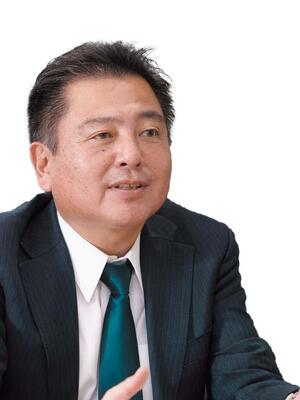
We were given a detailed tour of the factory and warehouse, including the new building ``Kimica Main Building'', which was built to commemorate the company's 80th anniversary. I was able to hear a detailed story from President Fumiyoshi Kasahara, and was able to learn about the "greatness" of a company called Kimica, as well as the "strong passion" that forms its core. There were many things I learned that were great for me, but I would like to mention three that particularly left an impression on me.
A deep commitment to the environment and sustainability
Words like SDGs and sustainability are being talked about every day. Phrases that sound good, such as for people, for the region, for the earth, etc. tend to come first, but in Kimika's case, I felt that there was a level of depth that was on a different level from recent movements. Over 80 years ago, we took on the challenge of regenerating seaweed, which had been treated as a nuisance, into alginic acid, and since then we have sincerely investigated ``how we can develop our business'' and ``how we can keep QIMICA alive.'' I am impressed that the result is a sustainable coexistence and co-prosperity.
Effort and persistence in taking the initiative
We will strengthen ourselves and create a situation where we are unrivaled. It requires extraordinary effort. At Kimika, I was determined to accept all the jobs that I was asked to do, and I was prepared to cut myself off from leaving. The fact that even major companies later became addicted to Kimika is proof that the skills they had acquired through enduring days of despair were genuine. When he established a foothold in Chile, he didn't budge even when a major company approached him to buy your company, and on the contrary, he simply turned him down and asked, ``How much will I have to pay to buy your company?'' This is a truly heartwarming story that I heard. The effort and tenacity to take the lead are points that many companies should emulate. His words resonated with me, saying that what I have accumulated on my own will allow me to respond flexibly even if the world changes.
Production is a heart of love that permeates everything.
It's great to have the idea that "production is love" as a place to rely when you are in doubt. It is not important to make a profit, but to develop and produce a product that is made with love. If you take good care of the product, wisdom, ingenuity, and courage will naturally emerge. Furthermore, it is expanding to include the love of stakeholders such as customers and business partners. That spirit flows through the company. In a market crowded with many competitors, we have developed our own SCM integrated package for the manufacturing industry called mcframe, and have grown it with love. At first, we thought we could not compete with packages from major companies, including those from foreign companies, but gradually we began to receive praise from Kimika and many other customers. Cultivating a product with love is the very origin of manufacturing, and it has given me great courage for the future. We must continue to work hard and not take things easy.
